Investing in a water softener can be a huge thing for most of you. But, choosing the right type of water softener should be the key to a learned purchase. With the availability of salt-free and salt water softeners, it is important to pick the best options among them.
Saltless water softener vs salt water softener – which among them is a good investment? Let us find the details and differences between salt-free and saltwater softeners.
The choice between salt vs salt-free water softeners should ideally be clear – the salt water softeners offer you very decent and powerful water-softening capabilities. The saltwater softener can be a great means to help you by providing you access to soft and healthy water that ensures healthier skin and an effective prevention against scale build-up.
What is a Salt-Based Water Softener?
The salt-based water softener consists of salt as the water softening medium. In essence, the salt water softener makes use of the ion exchange as part of the means to help you eliminate the minerals that can result in the hard water.
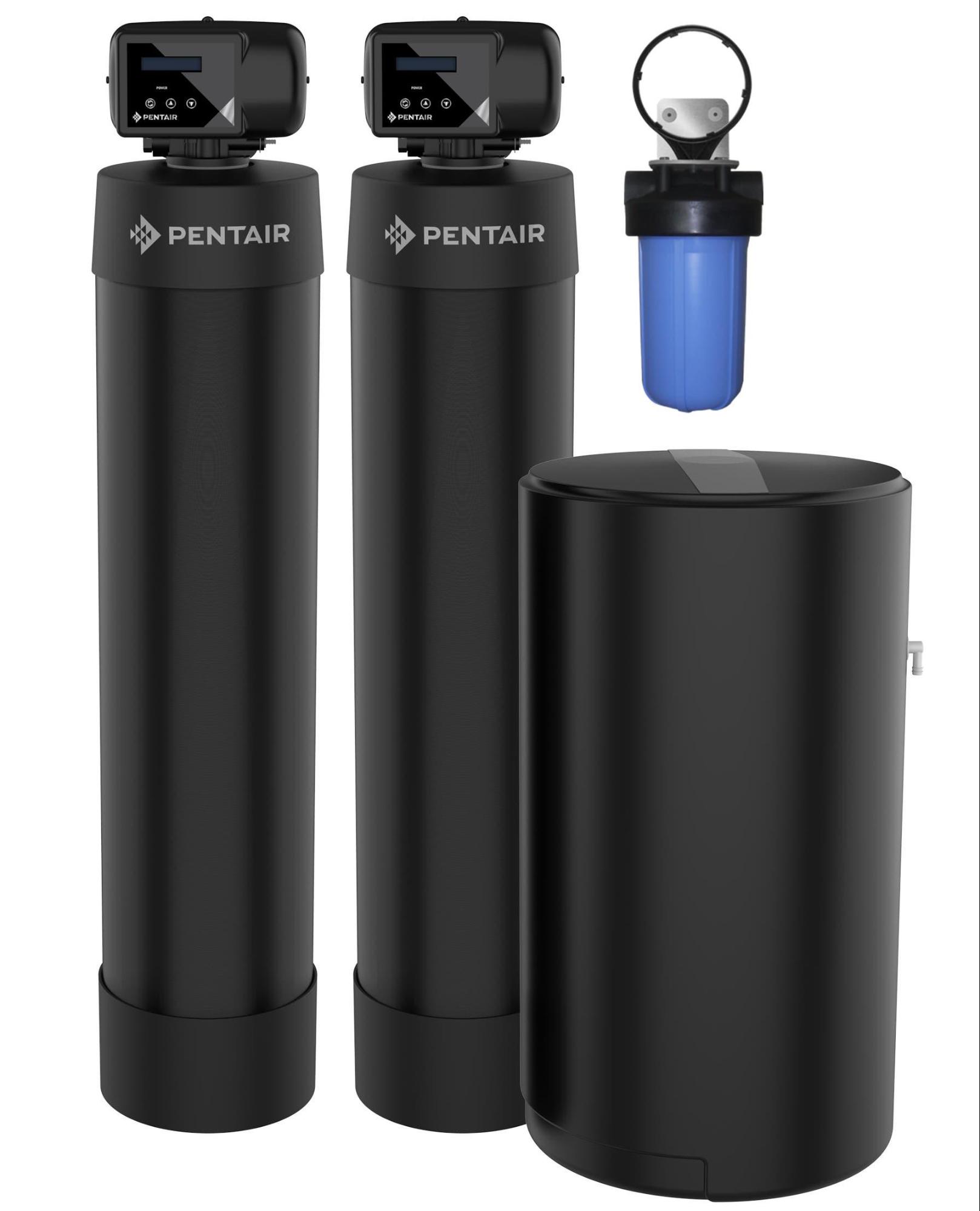
The salt-based water softener has either sodium chloride or potassium chloride for removing the minerals that may cause the hardness of the water. The salt-based water softeners make use of an electronic valve that lets the water flow into the water softeners. The ion resin bed reaches the saturation point, and the cleaning cycle is started.
What is a Salt-Free Water Softener?
A salt-free water softener is something that does not exist. That is because the salt-free water softener cannot soften the water. The salt-free water softeners crystallize the calcium and magnesium ions, and thus they are prevented from forming a scale inside the plumbing system. In fact, salt-free water softeners are actually salt-free water conditioners.
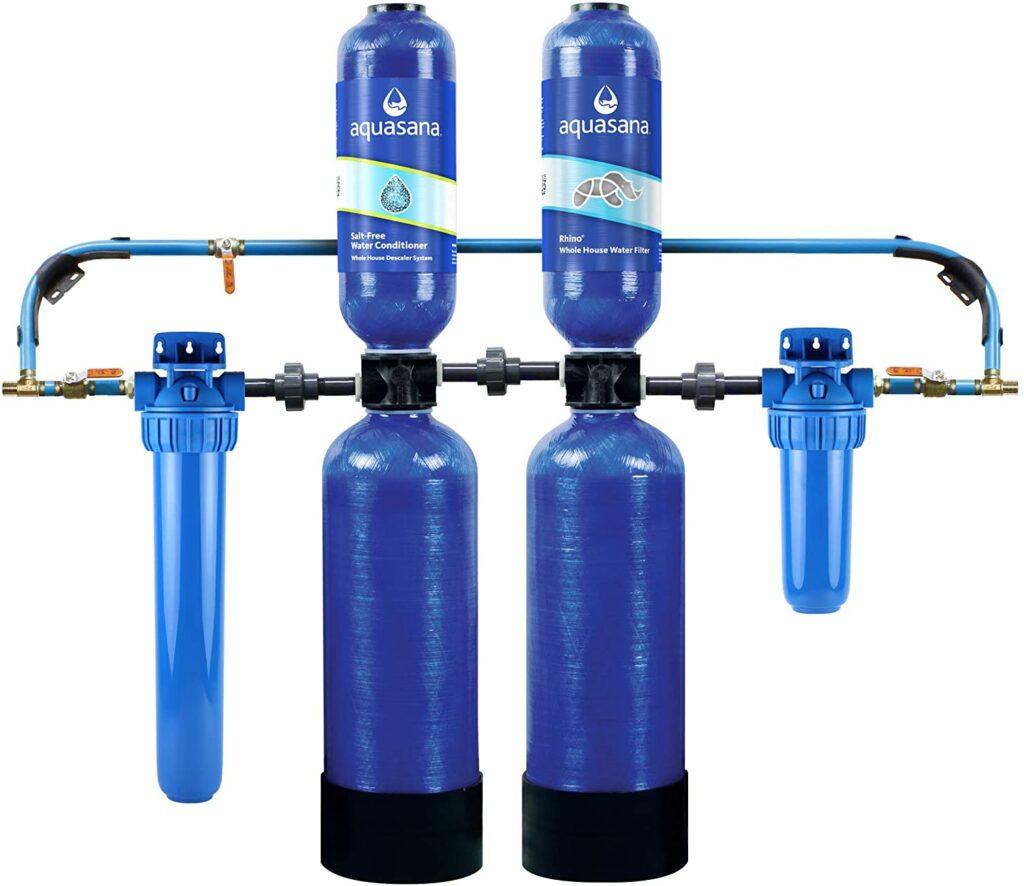
In sharp contrast to the salt-based softener system, the salt-free water softener (or water conditioner) consists of a single tank that consists of small pieces of potassium. When the water flows through the potassium, the chemical reaction will help you crystallize the calcium and magnesium particles. This “conditioned water” is then sent into your water supply system.
How do the salt-free water softener and salt water softener compare with each other? The table here below should prove to be helpful:
| Feature | Salt-Free Water Softener | Salt-Based Water Softener |
| Water Treatment | Conditioning | Ion Exchange |
| Mineral Removal | Partially effective | Highly effective |
| Water Taste | Unchanged | May taste salty |
| Maintenance | Minimal | Requires salt refilling |
| Initial Cost | Higher | Lower |
| Operating Cost | Lower | Higher |
| Environmental | More Eco-friendly | May discharge salt |
| Benefits | Prevents Scale buildup, is Environmentally-friendly, Does not add salt to the water. | Removes minerals from hard water, gives a “slick” feeling to water, and softens the water. |
The salt-free water softening systems work by means of several techniques that include catalytic media, template-assisted crystallization, or electromagnetic fields.
Pros and Cons of Salt-Free & Salt Water Softeners
Now that you have understood the differences between salt water softener solutions and salt-free water softeners, how about checking the pros and cons offered by each of the two water softener systems? We will check out the advantages and disadvantages that you stand to gain with each of the two water softeners.
I have come across several of my clients who have been using both salt and saltless water softeners. As a water technology expert, I have observed that both the salt free and salt water softeners come with their own positive and negative aspects in their own right. I thought it practical to share the Pros and Cons that i have discovered over the years.
Salt-free Water Softener
- No need for salt and changing it frequently
- No scaling or formation of similar debris on the plumbing
- Produces a better lather
- They do not need electricity to operate
- No regenerate or backwash cycles that would waste water
- The maintenance is less expensive
- Eco-friendly and a green technology
- The water is conditioned and not softened. Technically the water remains hard water itself
- The media used may be a little expensive
- It can cause cracked or dry skin
- Calcium build up is possible on the heating elements
- Heating bills may be increased
Salt Water Softener
- No cloudy dishes and glassware
- No clogs in plumbing
- Hair would be softer and easier to maintain
- Smoother and moisturised skin after showering
- Better lathering
- Can effectively lower the heating bills
- No pre-treatment not required
- You would need a regular maintenance
- The cleaning cycle is long enough and does waste a lot of water.
- This can be a concern for those who need a lower sodium intake.
How Salt-Free Water Softeners Work?
The salt-free water softeners do not use the ion exchange method for removing the hardness of the water. This is in sharp contrast to salt-based water softeners. It makes use of water conditioning rather than relying on water softening.
The water treatment is handled through the use of a catalytic media, which makes use of the process called Template Assisted Crystallization (TAC). The mineral that causes the hardness is changed to a hardness crystal format, and this does not adhere to the surfaces. This is precisely how your salt-free water softener “conditions the water” instead of softening it. There are no means to help you in terms of adding a special cleaning cycle for removing the trapped particles or components.
Since the salt-free water softener does not remove any components from the water, there is no regeneration process that would waste water.
Is Salt-Free Water Softener Better?
It would be dependent on your requirements. The salt-based water softener will be helpful in providing a softer water option and healthier skin. This will also ensure no scale build-up or soap scum in any way. The salt-free water softener is the right option if you do not need much of a regeneration requirement.
The saltless conditioners do not reduce the hardness level of the water. That can make the water to develop scale build-up. It is possible that you would witness the highly effective efficiency of the system.
Should You Buy a Salt-Based Water Softener?
The salt-based water softeners are designed to remove the hardness-causing elements from your water. The softener does result in any calcium buildup. You will also have your clothes appear brighter and cleaner.
A few other benefits that you stand to gain with the salt-based water softener include a better lifespan of your appliances as they would require fewer repairs and plumbing requirements. However, they may tend to be more expensive.
Should You Buy a Salt-Free Water Softener?
A salt-free water softener is a great option if you are looking for a less expensive means to take care of your water and also the plumbing system. It also requires less maintenance. Moreover, the water wastage is minimal when compared to the salt-based water softener system.
It, however, works less effectively than the salt-based water softeners. It does not handle the contaminants such as lead and chlorine. If you do not want to deal with the salts and chemicals, check out the salt based water softeners.
Frequenty Asked Questions (FAQs)
The Parting Thoughts
If you want to make your water more healthy, the right option is to use the right kind of water softener. A salt-based water softener is indeed something that would make your water healthier, and the salt-free system would never be able to achieve this feat. We recommend choosing a salt-based system as opposed to a salt-free system.

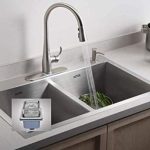

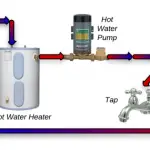
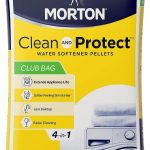







Add Comment